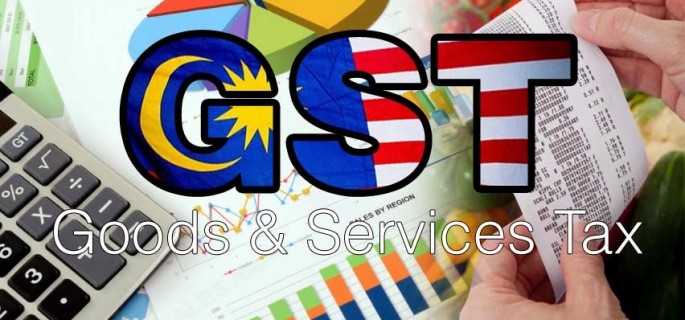Complete List for Reliable Singapore GST Registration
Complete List for Reliable Singapore GST Registration
Blog Article
The Ultimate Overview to Simplifying the GST Registration Refine and Requirements for Local Business Owners

Comprehending GST Fundamentals
To understand the basics of the Goods and Services Tax (GST) system, small company proprietors need to first understand its underlying implications and concepts. GST is a value-added tax obligation levied on many goods and solutions for residential usage. It aims to simplify the tax process by changing several indirect taxes enforced by the state and main federal governments. Under the GST regime, organizations are called for to register and collect tax on behalf of the government, guaranteeing openness and conformity.
One of the vital principles of GST is input tax obligation credit score, which enables organizations to declare credit for tax obligations paid on their acquisitions. This mechanism avoids the cascading impact of tax obligations and promotes effectiveness in the tax obligation system. Additionally, GST is a destination-based tax, implying that the tax obligation is imposed at the point of intake instead of the point of beginning. This makes certain fair circulation of tax profits amongst states based on where the products or solutions are eaten. Understanding these fundamental concepts is vital for small company proprietors to browse the intricacies of the GST system and ensure compliance with the legislation.
Eligibility Requirements for Registration
Having actually established a foundational understanding of GST concepts, small company owners must now meet specific qualification criteria to continue with the registration process. In India, entities engaged in the supply of goods or services with a yearly accumulation turnover surpassing Rs. 40 lakhs (Rs. 10 lakhs for unique classification states) are needed to register for GST. Additionally, certain businesses such as those involved in inter-state supply of goods, casual taxed individuals, and those needed to pay tax under the reverse cost device should register for GST irrespective of their turn over. Moreover, companies that were registered under the previous tax obligation routine (BARREL, service tax, and so on) are additionally mandated to register under GST. Nonetheless, farming companies that only provide produce out of key production are exempt from GST enrollment. It is essential for organization proprietors to very carefully evaluate their qualification based on these standards to make sure conformity with the legislation and stay clear of any type of penalties for non-compliance.
Files Needed for GST Enrollment

Simplified Enrollment Process Actions
Following the collection and verification of the requisite records, the registration process for GST can be browsed via a series of simplified steps created to promote efficient compliance for small service proprietors. Upon effective confirmation, an Application Reference Number (ARN) is issued, suggesting the completion of the GST registration process. By complying with these streamlined actions, tiny business owners can efficiently register for GST and guarantee compliance with tax policies.
Tips for Ensuring Compliance
To maintain regulatory adherence and operational integrity, persistent oversight and positive procedures are crucial in ensuring compliance with GST demands for small business proprietors. Small business owners must stay upgraded with GST regulations, filing deadlines, and any changes in tax obligation prices to stay clear of fines and preserve a good standing with tax see this authorities. Attending GST awareness workshops or training programs can boost understanding and conformity with GST laws, inevitably profiting the company in the long run.
Conclusion
In verdict, tiny service proprietors should understand the basics of GST, fulfill the qualification standards, collect essential papers, and comply with the simplified registration procedure steps to guarantee conformity. By streamlining the GST registration process and requirements, tiny service owners can stay clear of charges and operate their businesses efficiently within the lawful framework - Singapore GST Registration. It is important for local business proprietors to stay certified and educated with GST regulations to preserve a successful organization operation
Tiny service owners looking for GST registration need to ensure they gather and send the required documents to finish the registration process successfully. The papers needed for GST registration normally include evidence of business enrollment or incorporation, PAN (Irreversible Account Number) card of the company entity, address and identity proof of the promoters/partners/directors, pictures, address evidence of the place of organization, bank account statements or canceled cheques, and consent forms. Participating in GST recognition workshops or training programs can enhance understanding and conformity with GST laws, ultimately profiting the business in the long run.
By streamlining the GST enrollment process and index requirements, little organization owners can avoid charges and operate their organizations smoothly within the legal framework. It is critical for small company owners to remain enlightened and certified with GST policies to preserve a successful service procedure.
Report this page